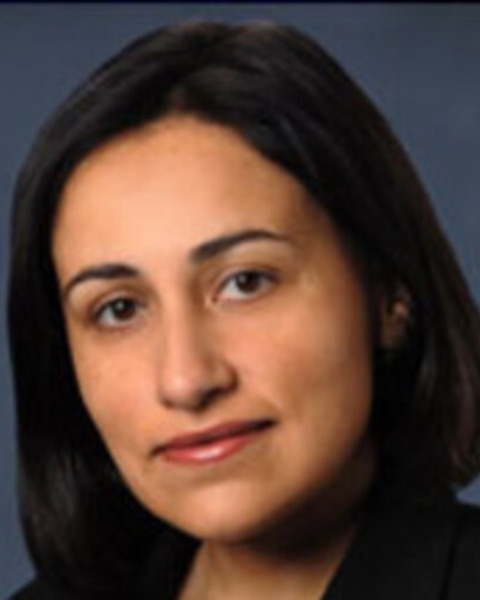Quality Improvement/Clinical Outcomes
E397: Multigene Panel Testing and Multiple Primary Malignancies

Farin Amersi, MD (she/her/hers)
Associate Professor of Surgery
Cedars-Sinai Medical Center
Los Angeles , California, United States
Farin Amersi, MD (she/her/hers)
Associate Professor of Surgery
Cedars-Sinai Medical Center
Los Angeles , California, United States- RR
Rhea Rahimtoola, BA
Research Intern
CedarsSinaiMC, United States - XC
Xuiji Cheng, MD
Postdoctoral fellow
CedarsSinaiMC, United States - AS
Allan W. Silberman, MD, PhD
Professor of Surgery
CedarsSinaiMC, United States
ePoster Abstract Author(s)
Submitter(s)
Author(s)
Recent advances in screening, chemotherapy and immunotherapy have results in improved survival rates with many malignancies. Studies have demonstrated patients who survive certain malignancies, have a higher risk of developing a second primary malignancy. Developing multiple primary malignancies is an indicator of hereditary cancer predisposition. Our aim was to evaluate the incidence of germline mutations in patients who develop multiple malignancies.
Methods:
Retrospective review of a prospective single surgeon database identified 888 patients with multiple primary malignancies. Of the 888 patients, 104 consecutive patients were seen between April 2022 and August 2023. These patients underwent genetic testing using a next-generation sequencing panel of 102 genes.
Results:
104 patients underwent whole genome testing to identify a mutation. The mean age of patients was 57 years (34 -84 years). 15 (14%) patients were under the age of 40. 77 (74%) patients had two primary malignancies; 20 (19.2%) had three primary malignancies; and 7 (6.7%) had four primary malignancies. 30 (29%) of patients had colon cancer in addition to other malignancies; 22 (21%) patients had breast cancer as their first malignancy; and 21 (20%) with melanoma as their first malignancy. Mean time to developing a second malignancy was 6.4 years (5 months- 27 years). 12.5% of patients were found to have a genetic mutation. Four (3.8%) patients had a BRCA mutation; 8 (7.7%) patients with Lynch mutations; and 1 (1%) patient had a CHEK-2 mutation. Five (4.8%) patients were found to have a variant of uncertain significance. Of the patients under 40 years, none were found to be positive for a mutation.
Conclusions: Patients with multiple primary malignancies should be offered germline mutation testing regardless of age or primary malignancy. Information gained from multigene panel testing can guide future surveillance, chemoprevention strategies or prophylactic surgeries.
Learning Objectives:
- identify which patients need genetic testing
- Risk of patients developing secondary malignancies
- Gain knowledge of genes that are commonly identified in patients with multiple malignancies
